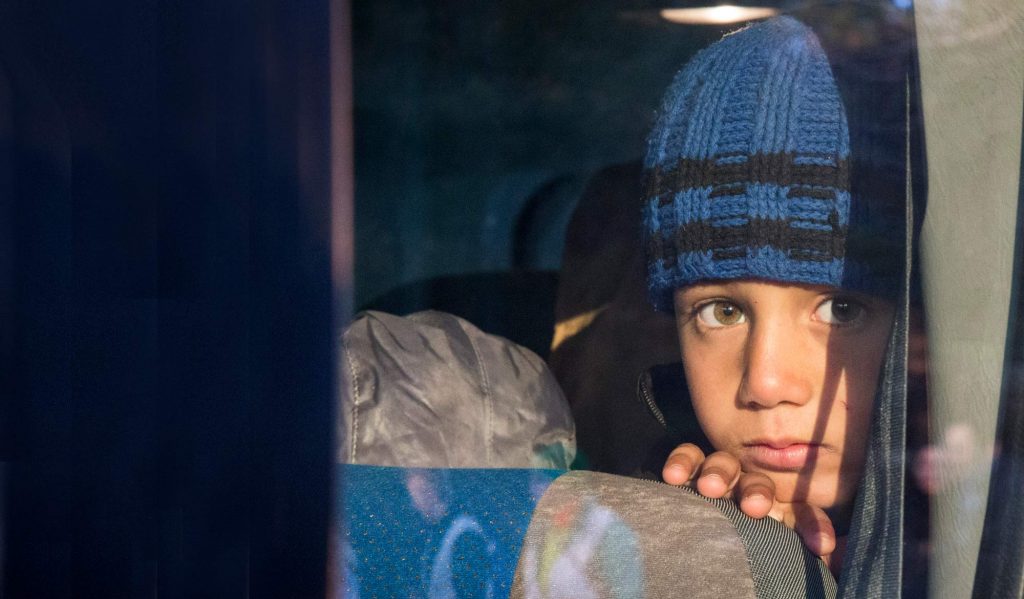
Help Syrian refugees and others around the world get lifesaving care
Whether you donate $5 or $500. Every little bit helps provide care for Syrian refugees and other people in need worldwide.
Donate NowAs the civil war continues into its eighth year in Syria, innocent children, women, and men continue to suffer unimaginable brutality.
Help International Medical Corps provide displaced families with emergency relief and the medical care they need to survive. Our comprehensive health services include mobile medical teams delivering primary care, distribution of medicines and critical supplies and mental health services.
We don’t know when the Syrian crisis will end, but until then, we will be there, providing lifesaving care, training local health workers and helping communities build back better. We urgently need you with us to save lives in Syria and around the world. Please give today.
Violence, Barbarity Go On Unabated, but Global Outrage Wanes as the World Begins to View the Century’s Bloodiest Conflict as Syria’s New Normal
Syria’s relentless civil war enters its eighth year this month with no sign of any end to what has become this century’s bloodiest, most brutal conflict. The fighting has claimed an estimated one-half million lives and caused nearly half the country’s pre-war population of 21 million to flee their homes for safety, either elsewhere inside Syria or as refugees outside the country.
Despite the fact that humanitarian aid workers continue to be targeted by various parties to the conflict, International Medical Corps remains in Syria, working to ease the suffering of those affected by the violence. Our teams have been helping those displaced in and around Damascus since the start of the conflict, and we continue to support tens of thousands of the 5.6 million Syrians who have sought refuge in neighboring countries, including Lebanon, Iraq, and Jordan. And when the sheer weight of events briefly opened the doors for refugees to enter Europe, International Medical Corps was there to assist them as they landed on Greek island beaches following oft-perilous journeys across the Mediterranean.
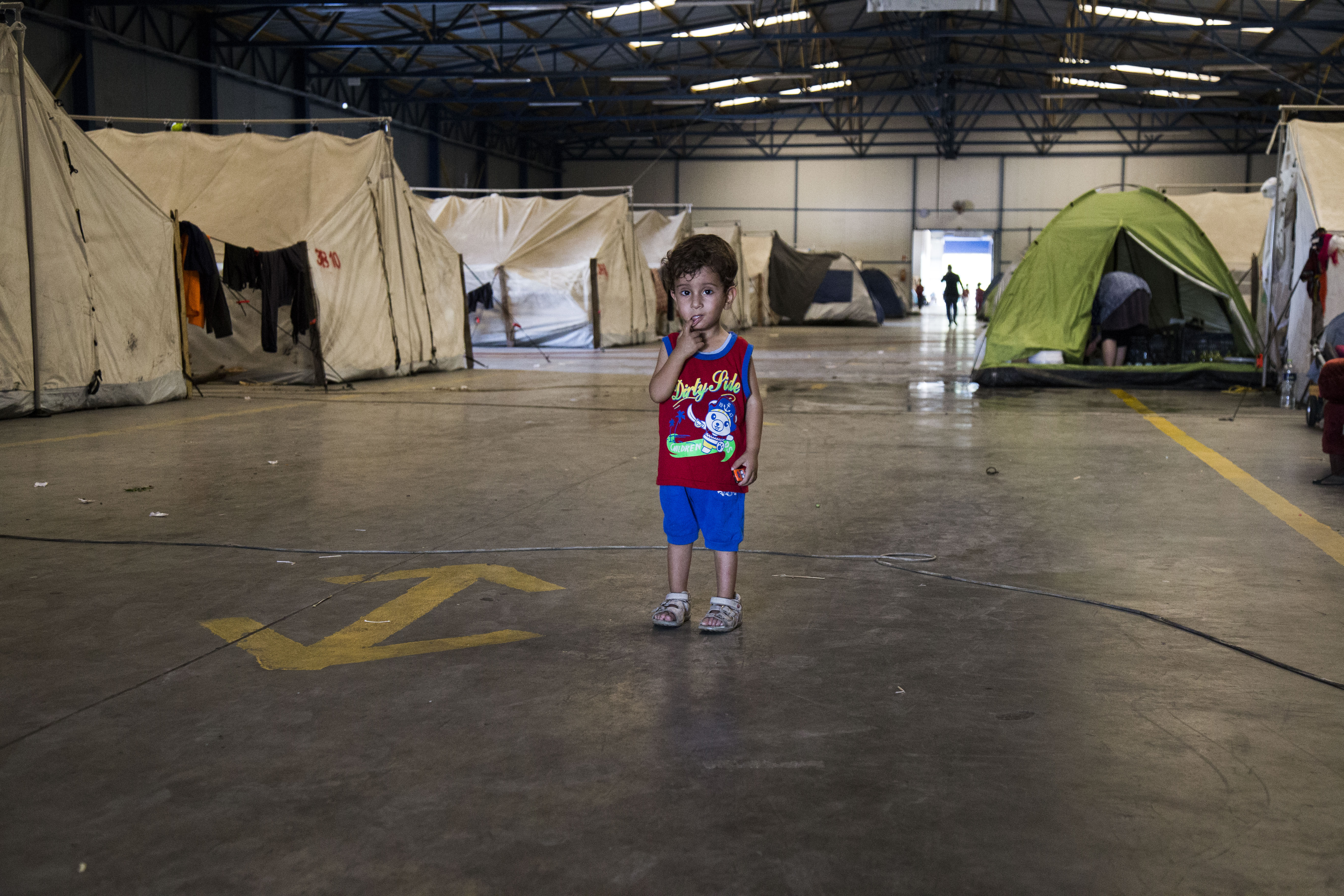
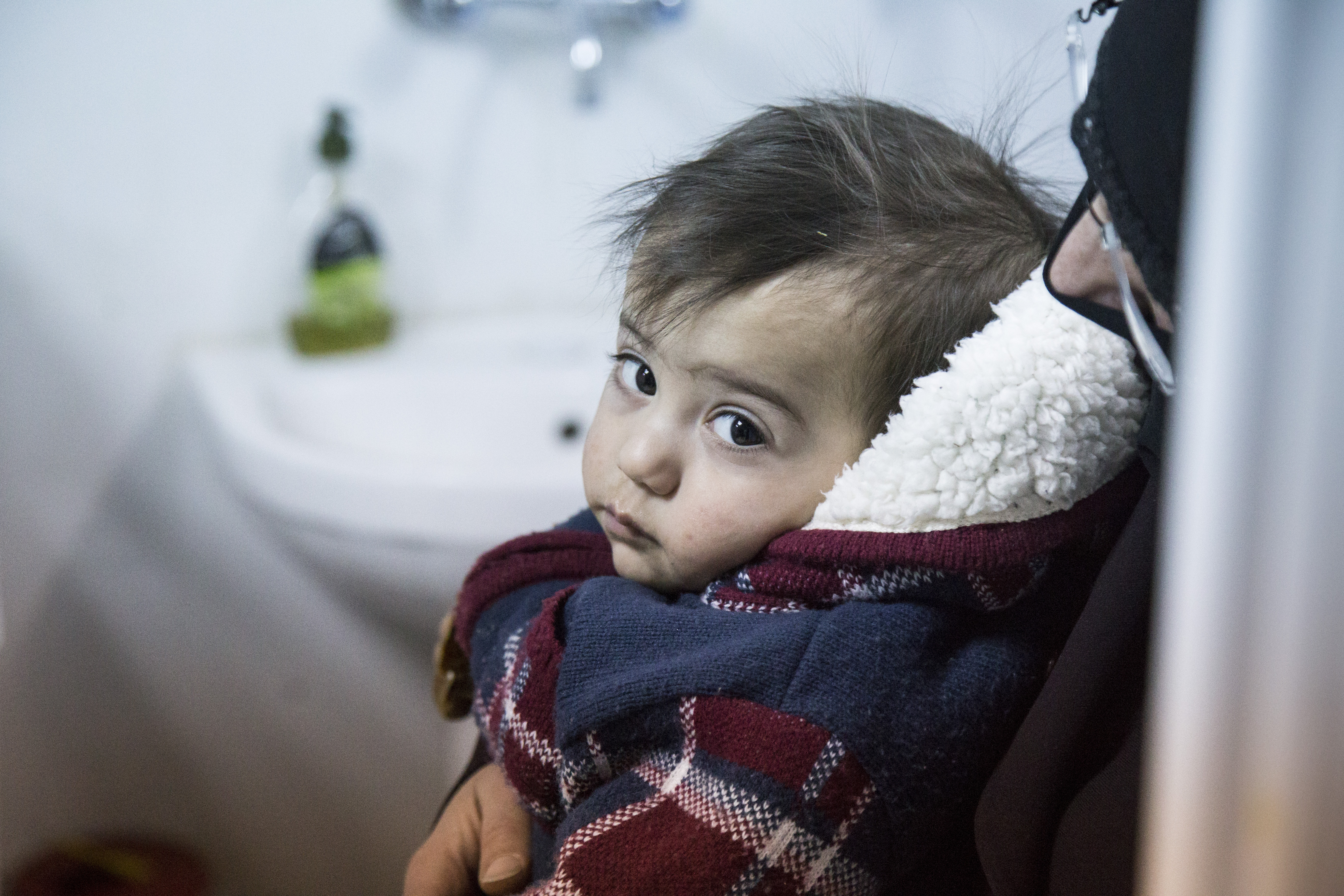
Since the start of the conflict, we have provided nearly 16 million patient consultations, performed nearly one million surgeries, and provided much-needed relief supplies to more than three million people. Despite these efforts, our assistance-along with that of other emergency relief groups-is dwarfed by the levels of violence and the enormity of the suffering caused by this brutal war.
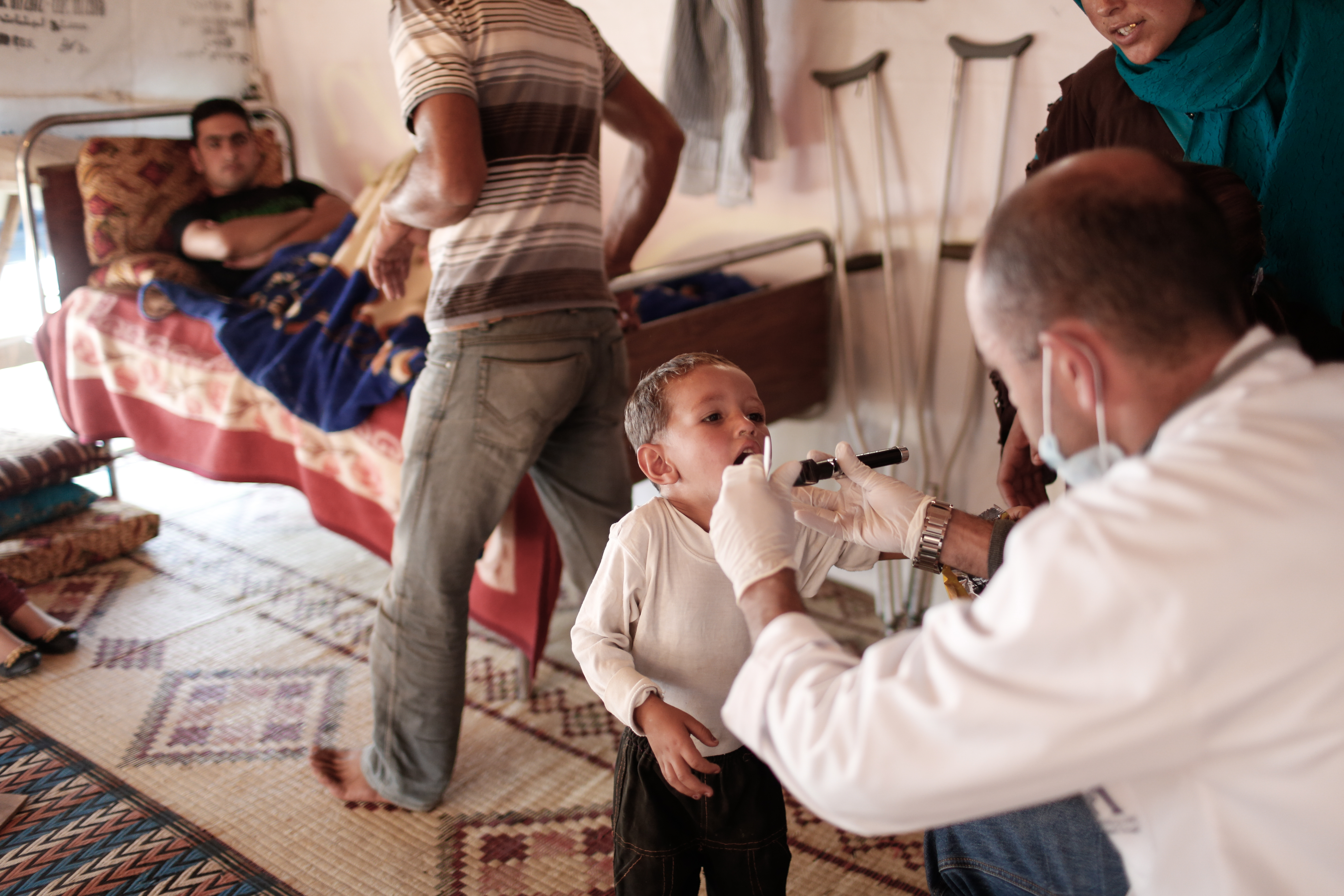
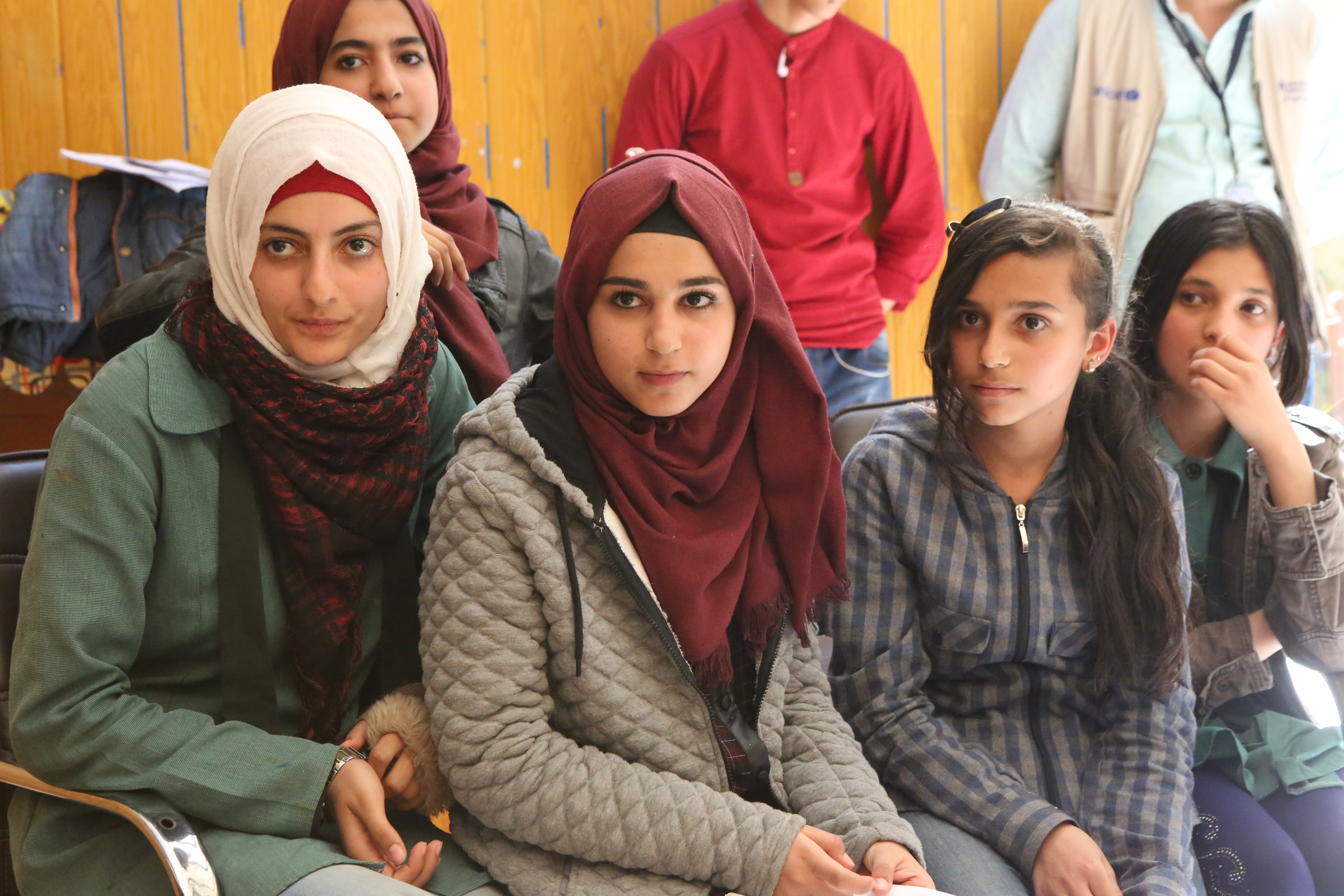
Despite the unanimous adoption by the United Nations Security Council on February 24 of a resolution demanding a 30-day ceasefire to provide aid and evacuate the sick and wounded, a convoy of humanitarian relief supplies sent into the embattled area came under fire and was forced to leave after only unloading half of the desperately needed food and other supplies.
Deliberate targeting of hospitals and humanitarian aid convoys continue seemingly unabated. After seven years of war, this has become Syria’s new normal. And the world outside appears to have become inured to the suffering of its people.
